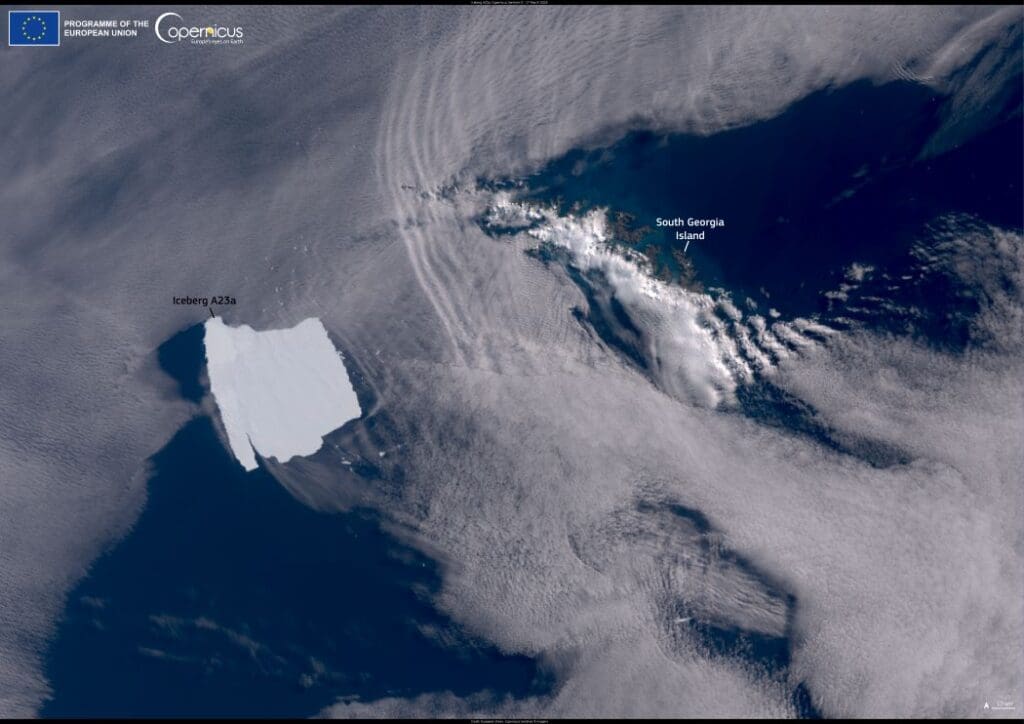In a recent communication from the European Commission outlining the climate targets for 2040 and the Industrial Carbon Management (ICM) strategy, concerns have been raised regarding the feasibility of these ambitions. Despite some positive elements, such as a proposed 90% net reduction in greenhouse gas emissions by 2040 and the introduction of a framework for carbon emissions management, the strategies seem to be marred by distractions and shortsighted decisions, particularly in the agricultural sector.
While the proposed emission reduction target is a step in the right direction, the reliance on costly and unproven technologies like carbon capture and removals raises eyebrows among experts. Critics argue that such technologies should only be used as a last resort, emphasizing the need for prioritizing proven solutions like renewable energy and efficiency measures.
Moreover, the failure to address emissions from agriculture, one of the major contributors to greenhouse gas emissions, is a glaring oversight. Despite acknowledging the need for a holistic approach to food policy, the Commission has yet to set ambitious emission reduction targets for the agricultural sector. This lack of ambition not only undermines the EU’s climate goals but also puts additional pressure on farmers who are already grappling with the impacts of climate change.
Mathieu Mal, a Policy Officer for Agriculture and Climate at the European Environmental Bureau, expressed disappointment, stating that the failure to set ambitious targets for the agricultural sector will hinder overall climate efforts and threaten food security.
Similarly, concerns have been raised about the Commission’s reliance on carbon capture technologies instead of prioritizing cost-effective and safe solutions. Riccardo Nigro, a Senior Policy Officer for Zero Pollution Industry at the European Environmental Bureau, criticized the decision, warning against turning carbon capture into a commodity rather than focusing on prevention.
Echoing these sentiments, Cosimo Tansini, a Policy Officer for Renewable Energy at the European Environmental Bureau, emphasized the need for a stronger focus on renewable energy deployment and demand reduction to achieve climate neutrality by 2040.
In response to these concerns, the European Scientific Advisory Board on Climate Change has recommended a series of actions to accelerate the EU’s transition to climate neutrality. Urging Member States to enhance and implement their national energy and climate plans, the Advisory Board stresses the importance of reaching at least 55% emissions reductions by 2030.
The Advisory Board also calls for reforms in existing policies, particularly in sectors like agriculture and forestry where emissions remain stubbornly high. Prof. Jette Bredahl Jacobsen, Vice-Chair of the Advisory Board, emphasized the need to incentivize emission reductions in these sectors through measures such as emissions pricing.
Overall, while the EU has made progress in strengthening its climate policy framework, there is a consensus among experts that more ambitious and coherent actions are needed to ensure the achievement of climate neutrality by 2040. Failure to address the shortcomings in agricultural policies and to prioritize proven solutions over risky technologies could jeopardize the EU’s climate ambitions and exacerbate the challenges posed by climate change.
Source: EEB
Featured image credit: jcomp | Freepik




